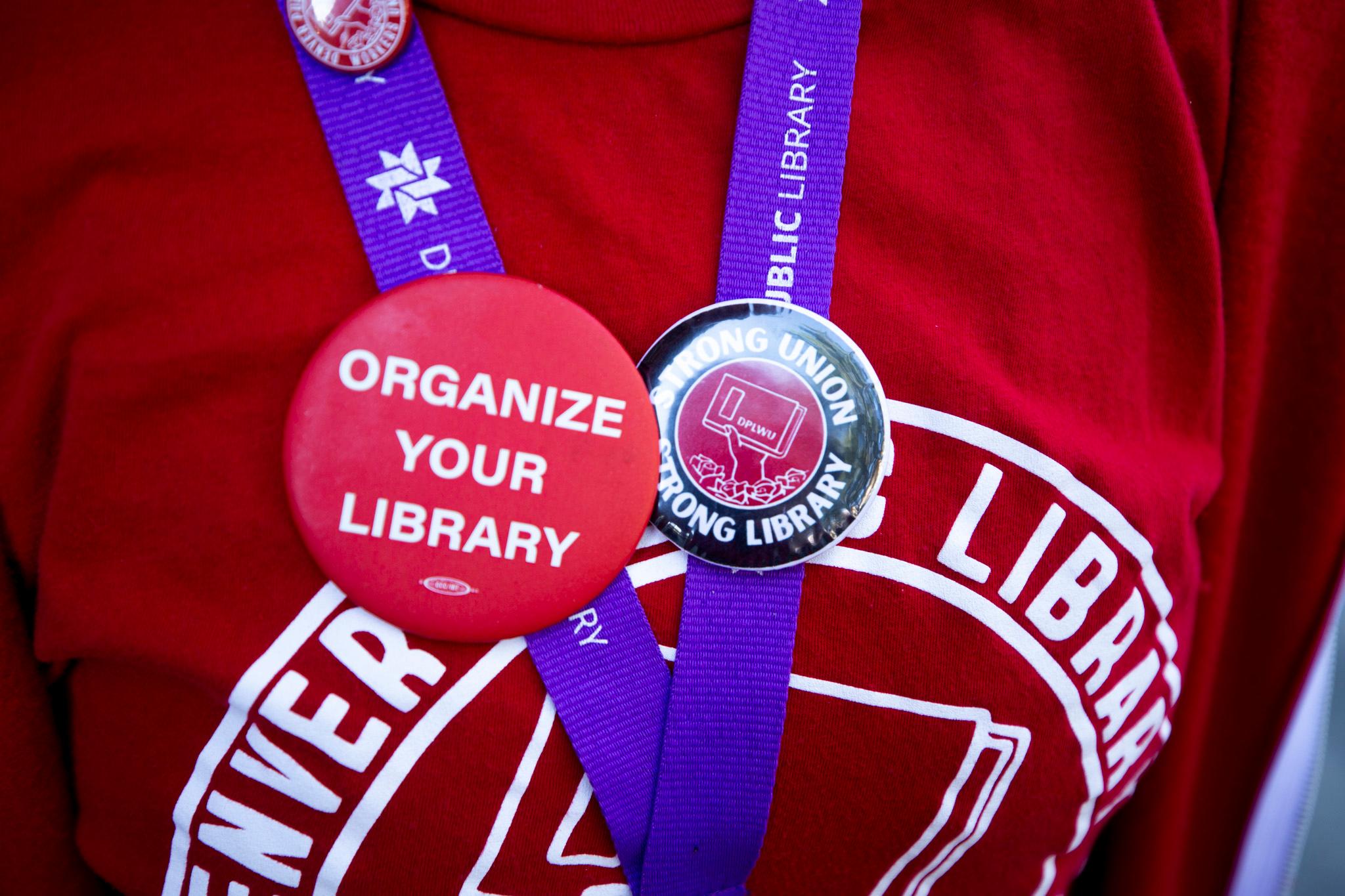In just a few months, Denver city workers will be free to join unions to collectively bargain with their employer, the local government.
Before that happens, though, city leaders have to make some important decisions — like how strikes and bargaining will work.
Denver voters approved the idea of collective bargaining for city employees in 2024 with Referred Question 2, but left some of the details to the city’s elected leaders.
Last week, council members Sarah Parady and Jamie Torres presented their recommendations at a committee meeting.
Who can join a union?
The charter amendment extended union organizing rights to thousands of city employees, ranging from librarians to waste collectors.
Under the proposal, most city employees would be eligible to join bargaining units — which could negotiate with the city over issues like pay, hours and working conditions.
The draft ordinance would generally allow employees to join if they're not managers. That mirrors the definition voters approved.
Elected officials and certain political appointees won’t be eligible, but their staff will be. For example, while council members can’t be represented by a union, staff who work under them will be eligible to form or join one.
Employees with the Denver Health and Hospital Authority are ineligible under the charter amendment. Employees with Denver’s Department of Safety, which includes police, firefighters and sheriff’s deputies, already have unions and bargaining rights.
How would union elections work?
Under the proposal, a potential new bargaining unit would have to submit a petition to the American Arbitration Association. That would have to include proof that at least 33 percent of eligible employees have interest in the union.
The city would then notify all employees in the potential unit, and the organizers would have to prove that all employees in the proposed unit have similar professional interests.
After all that, a secret ballot election would be held. That could be avoided if the unit and the city agree to a simple card check process — when a union collects authorization cards and presents them to management.
If a majority of eligible employees voted to form a union, the bargaining unit could begin negotiating a contract.
What happens during contract negotiations? What about strikes?
In the proposed rules, bargaining would have to begin within 30 days. Like all union negotiations, the parties would have to lay out ground rules for bargaining and engage in good faith to share relevant information.
If the sides didn’t reach an agreement within 45 days, negotiations would go before a permanent panel of mediators appointed by Denver City Council.
If mediation didn’t work within another 45 days, the bargaining unit could submit a 21-day notice of intent to strike.
At that point, the mayor would determine if a strike poses a public health or safety threat, which would make a strike illegal. If the bargaining unit disagreed, it could challenge the order in county court.
If the court sided with the mayor, the union and management would go through a binding arbitration process, with a neutral third party taking all the relevant information and making a final, legally binding decision that everyone has to accept. Unions could also waive the ability to strike and instead go straight to binding arbitration.
Two potential unions would not have the ability to strike. The charter amendment didn’t give Denver County Court and Denver Water employees the right to strike or conduct work slowdowns. If unions form within those departments and negotiations break down, they’ll be required to go through binding arbitration.
What’s next?
The full Denver City Council has to approve the proposed rules. The Governance and Intergovernmental Relations committee voted on Tuesday to move it forward to the full body.
City leaders are on a timeline. City workers gain the ability to collectively bargain on the first day of 2026 and at least one union — which would represent the Denver Public Library’s 800 workers — is champing at the bit to present its authorization cards to management.
A division within the Denver Auditor’s Office also has formed a union and been recognized by Auditor Timothy O’Brien.












